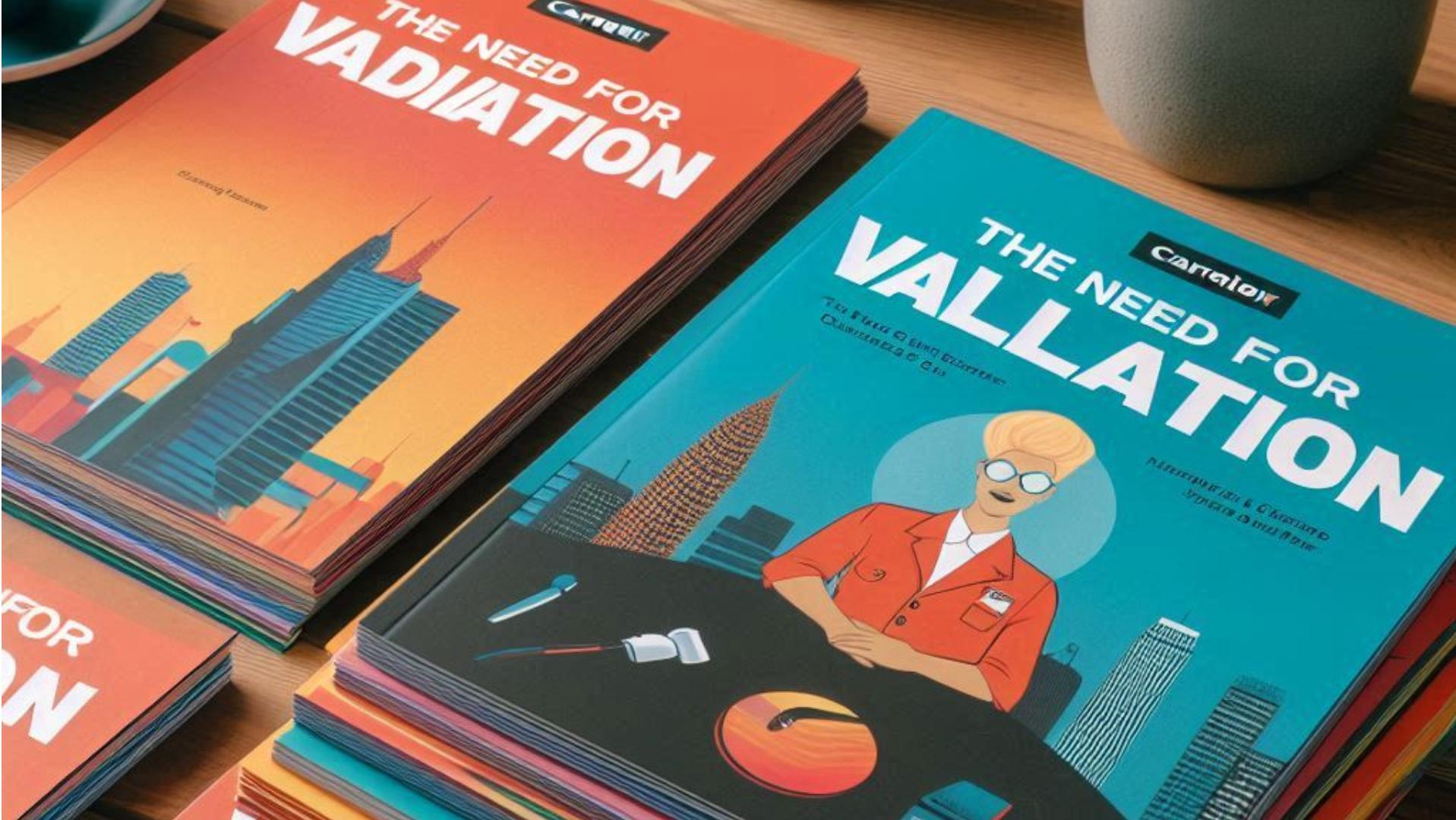Need for Validation
The author mentions that many times we are in a situation where we seek approval from others to
understand where we stand. So, do we let go of the need for constant validation at work or do you have to stop asking
for it?
The best practice is to balance empathy and decisiveness and ensure right decisions are made. In this article the
the author gives us some simple strategies for how to mitigate an excessive need for validating yourself at work:
1) Always do a gut check. A gut check serves as a pause — a pattern interrupter to analyze whether your automatic
responses are truly reflective of what’s best for the team and organization, rather than a desire to be liked. The
next time you’re faced with a choice, ask yourself: “Am I doing this because I believe it’s the best way forward or
because I want to be seen a certain way?”
2) Formulate your own opinions first. You might find yourself agreeing with the most persuasive person in the room,
not because you genuinely concur, but because you want to be seen as a team player. Avoid reading others’
feedback or consulting them until you’ve arrived at your own thoughts on the matter.
3) Try the “so what?” test If you find yourself hesitating over what others will think.
• So what if this decision isn’t universally accepted?
• So what if it doesn’t meet every feedback?
• So what if I have to change course later?
The simple exercise will force you to zoom out and view situations with a more balanced
perspective. It shifts your focus from trying to please everyone to what’s genuinely important — making
authentic, value-driven choices.
4) Wait 24 hours before responding to contentious or charged issues. This waiting period will give you time to calm
down and separate constructive criticism from resistance to change. With time, you gain perspective and allow your
emotions to settle so you can respond more thoughtfully. Often, you’ll find that the immediate need to seek
approval or make rapid changes has diminished.
5) Keep promises you make to yourself – like honouring your basic needs or speaking up when you have an idea —
builds self-trust, which, over the long-run, will make you less reliant on external validation.
Recent post
Archives
- November 2024
- October 2024
- September 2024
- August 2024
- July 2024
- June 2024
- October 2023
- June 2023
- March 2023
- February 2023
- January 2023
- December 2022
- November 2022
- October 2022
- September 2022
- August 2022
- July 2022
- June 2022
- May 2022
- April 2022
- March 2022
- February 2022
- January 2022
- December 2021
- November 2021
- October 2021
- September 2021
- August 2021
- July 2021
- June 2021
- May 2021
- April 2021
- January 2021
- December 2020
- October 2020
- August 2020
- June 2020
- May 2020
- April 2020
- March 2020
- February 2020
- January 2020
- December 2019
- November 2019
- October 2019
- September 2019
- August 2019
- July 2019
- June 2019
- May 2019
- April 2019
- March 2019
- February 2019
- January 2019








 June 3, 2024
June 3, 2024